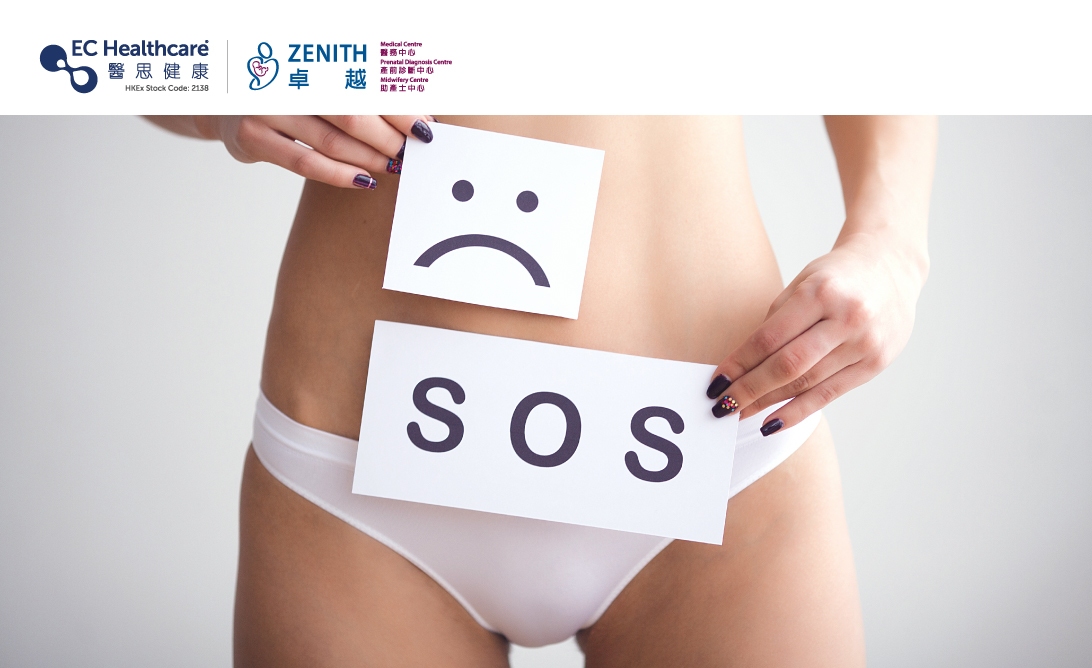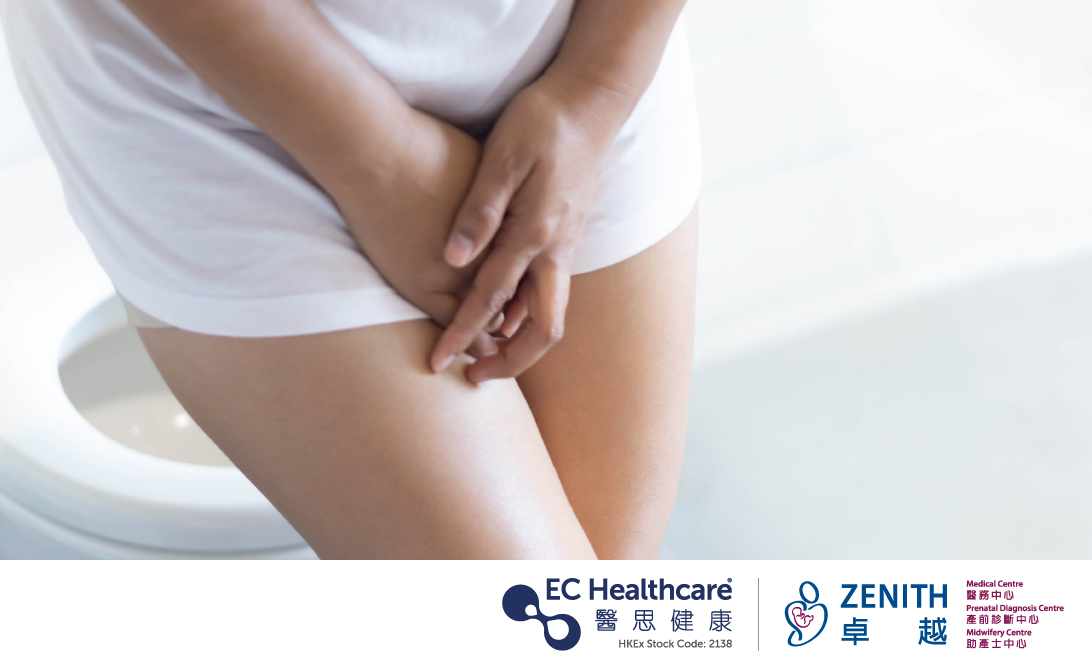When Moisture Strikes: Unveiling the Connection between Recurring Vaginitis and Infertility


Vaginitis is a common problem that plagues us ladies - almost all will encounter its unwelcome symptoms, such as unpleasant odours, extra discharge, and itching down there at some point in our lives. It can even keep coming back, especially on sweltering, muggy days that provide the perfect environment for fungi and bacteria to thrive, increasing the chances of infection. That's why it's crucial to pamper our feminine parts and keep an eye on any suspicious symptoms.
Our vaginal microbiome keeps the pH low, ideally between 4 and 5 to prevent infections. However, certain factors like stuffy weather, over-washing of the private part, poor hygiene, excess stress and weakened immunity can destroy the natural balance of bacteria and trigger vaginal infections. The most common types of vaginitis - candidiasis and bacterial vaginosis – are often the results of these imbalances.
Candidiasis patients may notice a thick, white, odourless discharge that resembles cottage cheese. The vulva may also be red, swollen and itchy, and even painful. In contrast, patients with bacterial vaginosis may have a greyish-white, watery discharge with a fishy odour. While they may feel some vulvar itchiness, it isn’t typically as severe as with candidiasis. As the vagina is connected to the pelvic area, untreated vaginal infections could spread to the pelvic area and cause lower abdominal pain and even severe complications, such as tubo-ovarian abscess, which can affect future fertility. So, you should never overlook those symptoms.
If you’re diagnosed with vaginitis, your doctor may prescribe antifungal or antibacterial vaginal suppositories based on the type of infection you have. However, while medication can treat vaginitis, it's just a temporary solution. In fact, vaginitis is closely related to our daily habits and lifestyles. If we don't address the underlying causes, the infection can recur even after treatment. As prevention is better than cure, it’s crucial to improve our daily habits and take good care of our lady bits to keep vaginitis at bay.
Here are some lifestyle tips to help prevent and relieve vaginitis:
-Wear loose, cotton underwear to keep your private part dry and comfy.
-Avoid tight-fitting pants or tights.
-Wash your clothes and underwear separately to avoid spreading bacteria.
-Change your sanitary pads frequently during your period.
-Always wipe from front to back after using the toilet to avoid transferring bacteria from the anus to the vagina.
-Keep a healthy lifestyle by getting enough sleep, reducing stress, and exercising to boost your immune system.
-Eat a balanced diet and avoid consuming too many sugary treats to prevent changes in the vaginal pH balance.
-Avoid over-cleaning of the nether region as this can disrupt the natural balance of bacteria in the vagina and allow harmful bacteria to grow.
Related Brands








